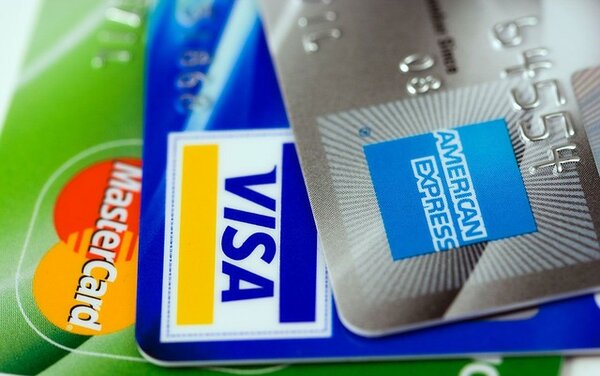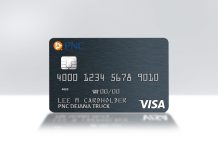
Credit cards have become popular in today’s world, both for individual and business use. It’s become almost impossible to function without a credit card. As a business, if you want to control your expenses or limit employee expenditure while offering them convenience, prepaid credit cards are the answer. In this article, we’ll delve into prepaid credit cards, how they work, and why they might be the right credit card alternative for your business.
What Are Prepaid Cards?
A prepaid credit card is a card with preloaded money in it, much like a gift card, that allows you to spend only the amount of money stored on it. The prepaid card isn’t connected to any bank account or checking account, and you don’t need a good credit score to have one. Once the preloaded balance is used up, the card stops working because there’s no money in it, and you’ll either need to reload it or buy another one. You can reload the card online, at a participating store, ATM, or at a designated physical location.
Prepaid Cards for Business Uses
The popularity of business and individual prepaid credit cards is skyrocketing. Approximately 23 million adults use these cards regularly — to pay bills, gas pumps, grocery checkout, ATM, and more. Many consumers now buy prepaid cards, then use them to pay bills like they would use credit or debit cards, except with capped spending.
Can Businesses Use Prepaid Cards?
Being safer than cash and better than checks, prepaid cards are an excellent alternative for businesses in handling cash. They allow easy tracking of employee spending and business purchases and allow employees to keep business spending separate from their personal ones.
Employees can use prepaid cards for corporate lodging when they travel for business trips such as delivering products, meeting clients, or attending conferences. They can also use these cards to pay for gas for company vehicles, pay for lunch dates with clients, or gift clients items conveniently without going through finance. If your business has these provisions, a prepaid card can help improve payment efficiency.
Types of Prepaid Cards
There are three main types of prepaid cards:
1. General Reloadable Cards
This is the type of prepaid card most businesses and even individuals use. You load this prepaid card with money, such as $500, $1000, $2000, $5000, and use it as a debit card until it reaches its limit. They also work anywhere credit cards work.
2. Gift Cards
Gift cards are often offered by stores or businesses to clients and come in specific monetary denominations to purchase goods at specific stores. An example is the Amazon gift card.
NOTE: Other prepaid cards include payroll cards, Government benefit cards for unemployment benefits, gift cards from parents to children, child support cards, public transit system cards, and more.
Advantages of Prepaid Cards to Businesses
Prepaid credit cards are ideal for businesses because the business sets the specific spending limit while giving card users the convenience of having cash when needed. But how do they benefit a business?
1. A Better Alternative to Carrying Cash
Prepaid cards are both a safe way to carry money around and more convenient payments than cash. Unlike cash, prepaid cards are easy to track business spending because all payments are recorded. This is an advantage for bookkeeping, allowing businesses to monitor expense data easily.
2. Control the Risk of Business or Employee Overspending
Credit cards often tempt overspending. People tend to spend more when they’re using a credit card than when they’re paying with cash. A prepaid card has capped spending and reduces the risk of overspending. The business department or employee having the card can only spend up to the preloaded balance. This also means the employee will have to know the card’s balance before spending.
3. Limits for Employee Spending
A prepaid card allows employees to spend business money when necessary, but they’re limited on how much they can spend at any given sitting or per transaction. This not only means employees can’t overspend because they’ll have to stick to the preloaded balance but you can also monitor their spending.
4. Sync the Card to Business Accounting Software
With manual bookkeeping, you’ll need to keep track of invoices and ledgers, leading to increased errors. Prepaid cards offer the benefit of integrating them into your business’s accounting software, which automatically logs any card transaction. This automatic data entry helps you save time and ensures accuracy and timely bookkeeping.
5. Employees Don’t Have Access to Your Business Accounts
A regular credit or debit card simply means an employee has access to the business account, which risks the business accounts to fraud. With a preloaded card that has no access to business accounts, the employee also has no access or association with business accounts. The employee has access to the preloaded prepaid card only, which they use up to the limits and either wait for the business to load or give them another one. This reduces the risk of unauthorized account access, purchases, overspending, or worse, theft.
Endnote
Prepaid business cards are a great alternative to cash or credit and debit cards. They are more secure because they don’t expose company accounts and have many benefits to a business, including managing and limiting spending. They’re a great convenience to employees because spending doesn’t go through finance first, and it can be tracked using company account software.











